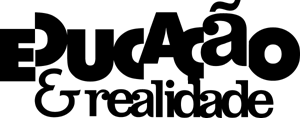ABSTRACT
The dispute between modernity and postmodernity calls into question the emancipatory potential of reason and, to escape extremist positions on this, we argue that Foucault’s reading of the Kantian question of Aufklärung offers not only principles to critically mark out the advances and limits of modernity but also arguments to think about the human formation inherent to Aufklärung. For Foucault, the Greco-Roman heritage of the Kantian Aufklärung shows that his own historical ontology is a tributary of the philosophical-practical tradition linked to parrhesia-libertas, which posits culture and education beyond the negation of modernity as a whole. Therefore, formation implies understanding the world in which one lives and the dual human condition of minority and majority.
Keywords
Post-Modernity; Kantian Aufklärung; Parrhesia; Formation
